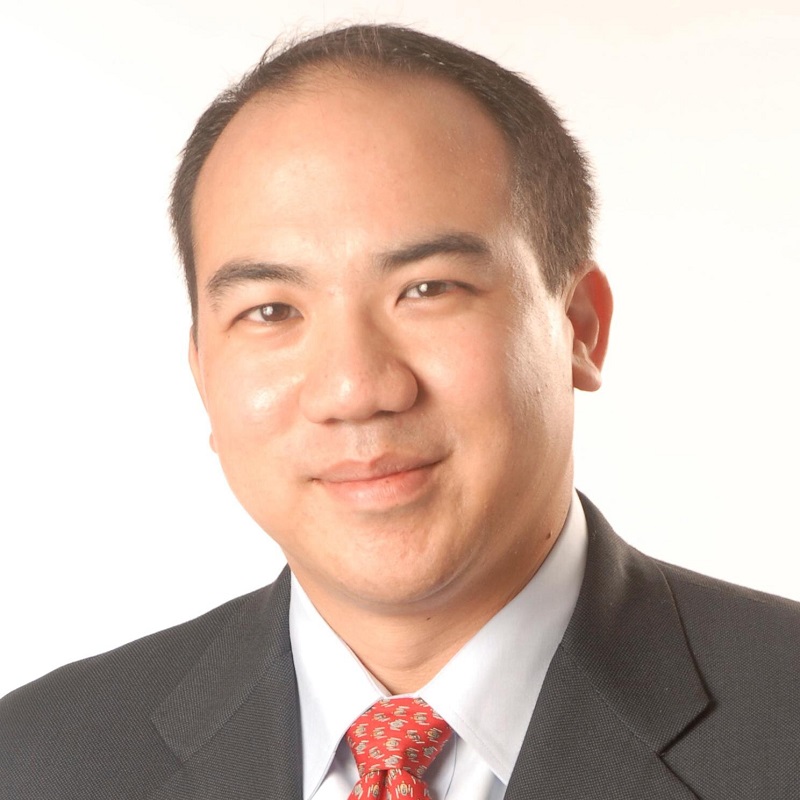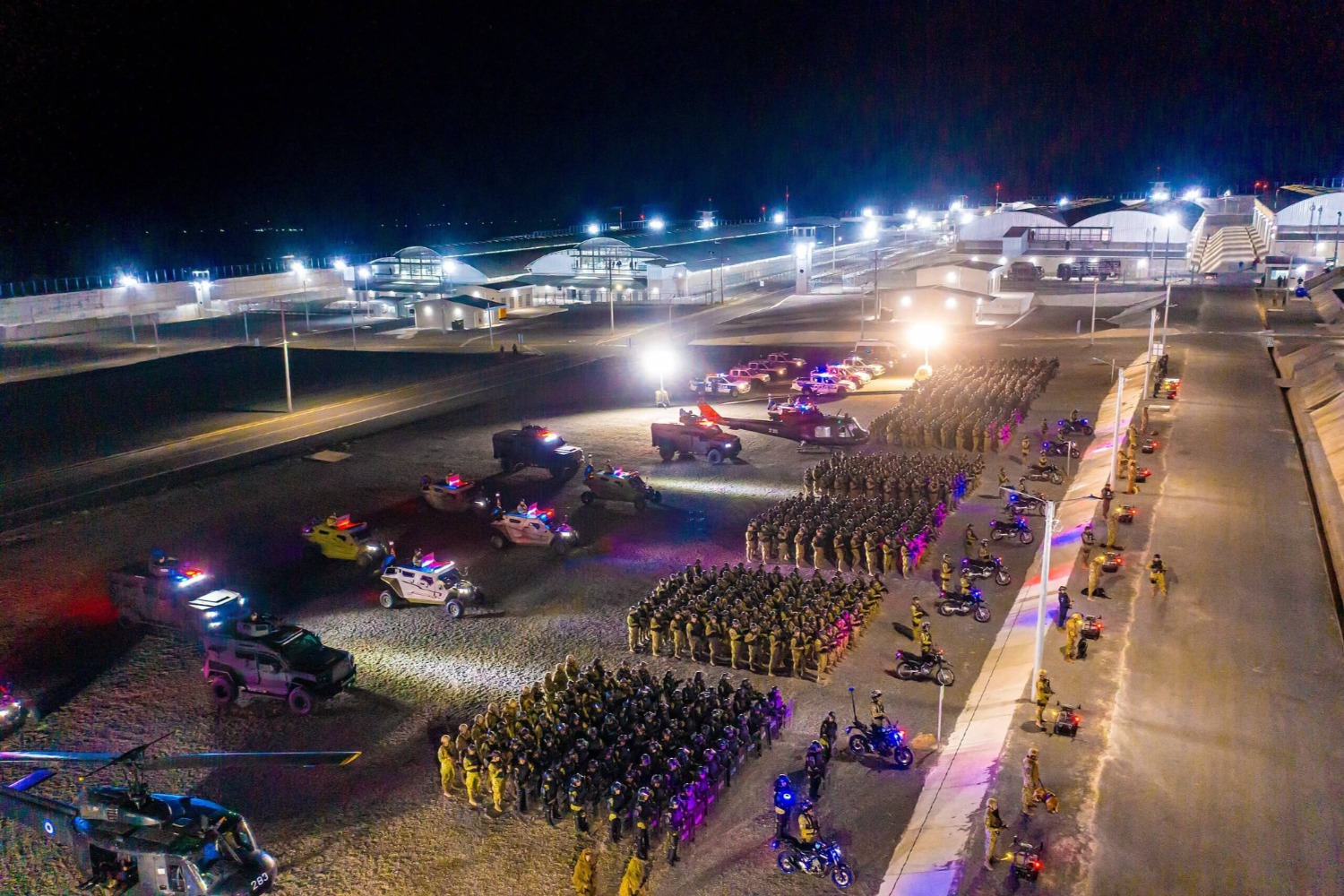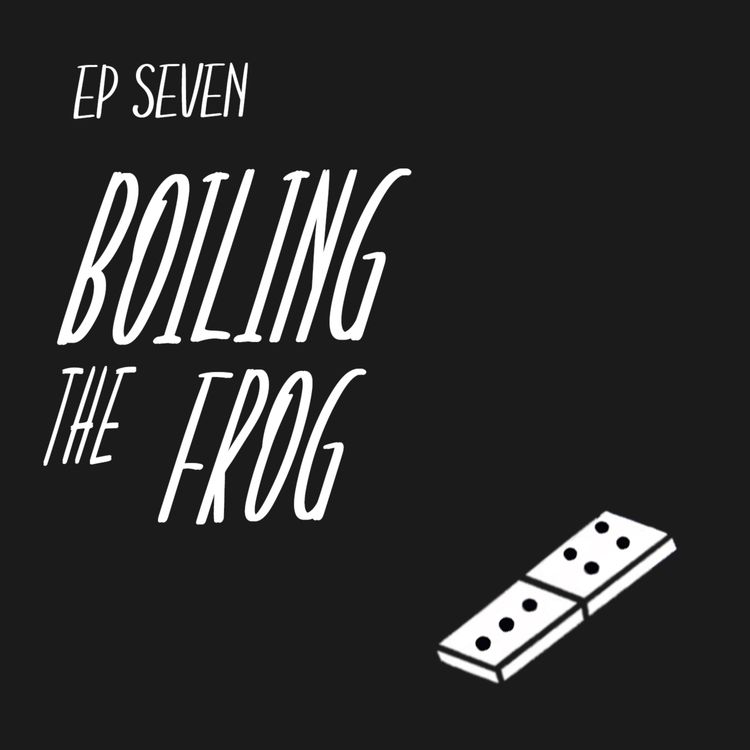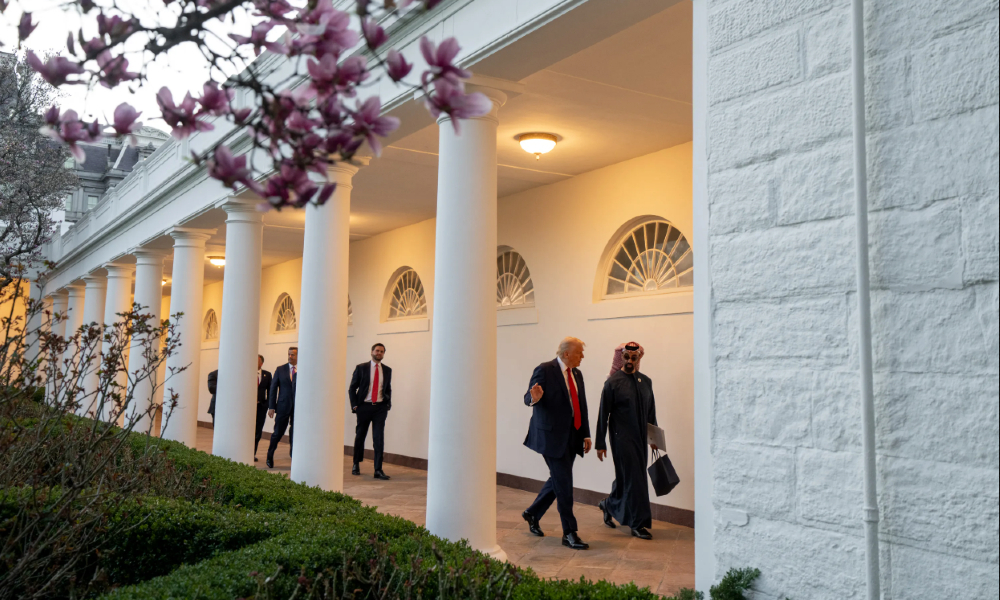Why China’s Disappearance of Interpol’s Chief Matters
Even seasoned China-watchers were startled last week when news broke that Meng Hongwei, the vice minister of China’s chief law-enforcement ministry, had disappeared. Meng is not just a high-level government official. As chief of Interpol, he is arguably the highest-profile Chinese leader of an international organization.
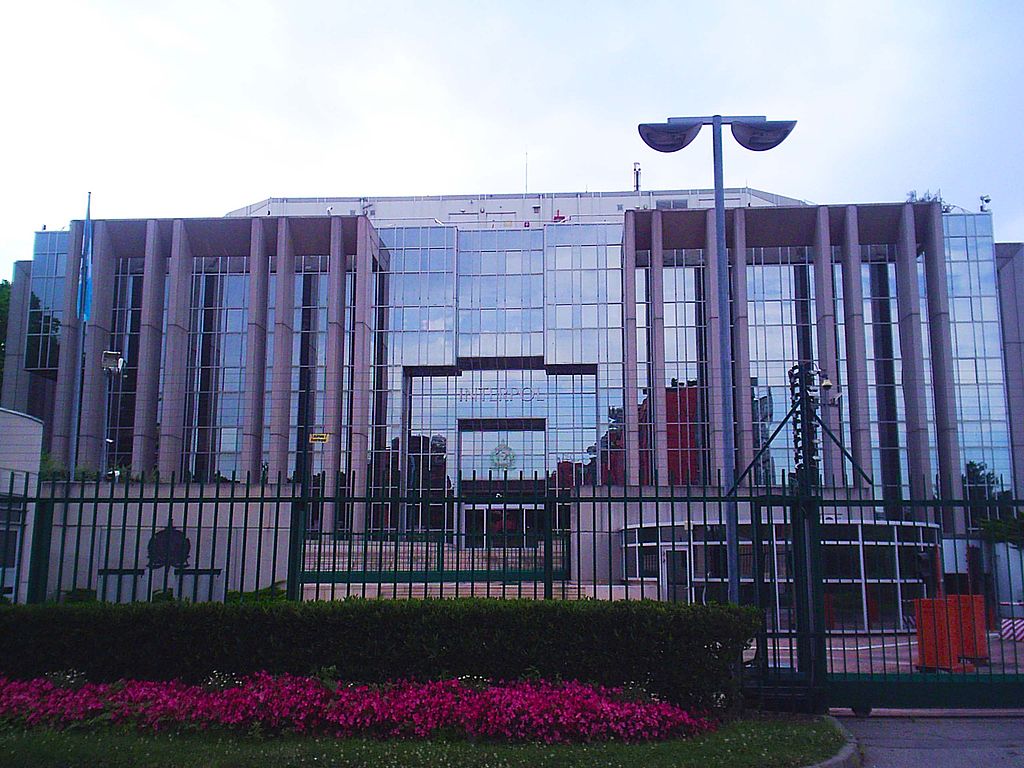
Published by The Lawfare Institute
in Cooperation With

Even seasoned China-watchers were startled last week when news broke that Meng Hongwei, the vice minister of China’s chief law-enforcement ministry, had disappeared. Meng is not just a high-level government official. As chief of Interpol, he is arguably the highest-profile Chinese leader of an international organization. His sudden disappearance, abrupt resignation from Interpol and detention on unspecified corruption charges could and should cause the rest of the world to think harder about how to respond to China’s ongoing campaign to build legitimacy and influence among international organizations. China cannot be turned away from international organizations, but the world should rethink whether it should welcome China quite so warmly.
Although recent media coverage has focused on Chinese influence and espionage operations within Western democracies, it is worth noting that China has been engaged in a long-term effort to build out its influence in key international organizations. Such internationally directed activities are usually not covert, unlike most of China’s domestic-aimed operations, and they have been successful in giving China greater influence and legitimacy on the global stage.
One part of this campaign has involved promoting Chinese nationals to leadership roles within international organizations. A Chinese national has served as the president of the International Court of Justice, and China has also made sure that it has kept Chinese nationals as members on the International Tribunal for the Law of the Sea, the World Trade Organization Appellate Body, the International Law Commission, the Human Rights Commission and the Executive Board of the World Health Organization, to name a few. But none of these roles involved the prominence and authority that Meng Hongwei held as the head of Interpol.
As Interpol’s president, Meng chaired the supervisory board that sets policy and makes key management decisions for the world’s leading international law enforcement agency. Interpol does not have its own group of secret agents, as outsiders sometimes imagine, but it does serve as the central clearinghouse for cross-border law enforcement cooperation in tracking and detaining suspected criminals. In his role, Meng could influence or even set policy on controversial questions such as the standards necessary for placing a “red notice” on international suspects, triggering obligations on member states to cooperate.
While China’s international organization influence strategy seeks to expand its global prestige in ways similar to any other great power, it also has narrower, “China-first” interests to pursue. First and foremost, China’s growing influence in international organizations is aimed at ensuring the government of Taiwan is excluded and marginalized. China has succeeded so well in this regard that Taiwan has not even been able to achieve observer status at technical, nonpolitical organizations such as the World Health Organization, Interpol, or the International Civil Aviation Organization
Second, China seeks to use its newfound influence to pre-empt criticism by international organizations on long-sensitive issues such as human rights. For instance, China has been able to shape the agenda and build support within the Human Rights Commission for its own state-centric concept of human rights protection. To a lesser extent, it has been able to leverage influence in the United Nations Development Program to win endorsements of its controversial Belt and Road Initiative from UNDP leaders.
Meng’s role at Interpol also reflected a relatively new Chinese focus on retrieving allegedly corrupt Chinese officials who have fled overseas. Under Chinese President Xi Jinping, China has aggressively sought to make extradition agreements with the U.S., Canada and Australia, among other countries. Putting a Chinese government official in charge of Interpol was thought to support this objective.
Some defenders of China’s actions here have suggested foreign critics are overreacting to Meng’s detention. In this view, this episode is simply China arresting a Chinese national according to Chinese law. Moreover, as a Chinese newspaper pointed out, in 2011 the U.S. detained Dominique Strauss-Kahn, a French national and the head of the International Monetary Fund, without causing international criticism of the U.S. So why should anyone care here?
There is some force to this argument, but only if one accepts that China’s system for detaining suspected corrupt officials is legitimate and normal. Even under China’s new National Supervisory Commission, the detention of Meng falls outside normal Chinese legal procedures. He can be detained for six months for interrogation without charges, there are no procedures for allowing for communication with his family and he has no access to an attorney during this time. The commission’s sweeping powers allowed it to detain Meng without any public charges, and it is possible the outside world would never have learned his whereabouts for months had Interpol and Meng’s wife not demanded a public accounting from the Chinese government.
For these and other reasons, this episode should serve as a wake-up call to that small segment of elites who care and influence the governance of international institutions. Those elites would like China to share the burdens of international governance through financial and political support. The U.S., for instance, has long called for China to become a responsible stakeholder and to join the international system. This approach made sense in an abstract sense, but it requires ignoring the unusual and difficult nature of working with the Chinese government. China has its own narrow goals, and its opaque authoritarian domestic system makes certain kinds of cooperation extremely difficult—especially in human rights and law enforcement, as the Meng saga illustrates.
I do not think China can or should be isolated from international organizations or the world community. China remains a key global power and its cooperation is central to resolving many of the most important questions facing the world. But the need to cooperate with China does not mean that international organizations must surrender to China’s narrow agenda and values. The Meng episode should remind the world that no matter how much various stakeholders want a responsible China to help manage global problems, that China has not yet emerged—and perhaps never will.

